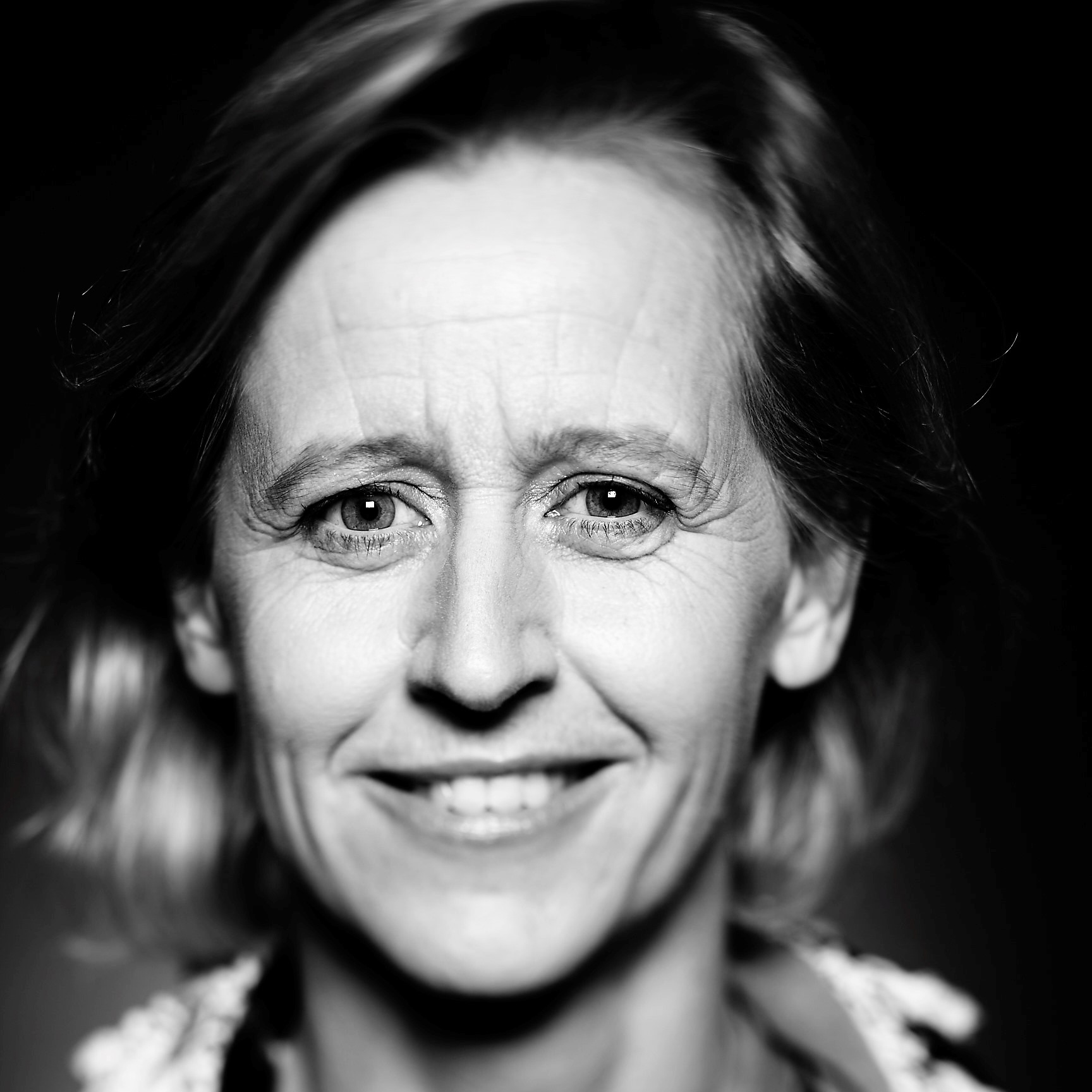 \
&
Contact us
\
&
Contact us
 \
&
Contact us
\
&
Contact us
Published on | 2 years ago
Last updated on | 2 months ago

Ria.debreucker@vlaio.be
Beneficiaries to Lump Sum grants do not have to report actual costs and there are no financial declarations to be made nor reviewed. Costs incurred for the action do not have to be documented. However, beneficiaries remain subject to the accounting rules under the applicable national law.
Any check, review or audit will focus on the technical implementation of the action. Pre-payments remain as in actual cost grants. Payments during the project and at the end are based upon completion of work packages.
The Commission recognises two types of lump sum actions:
Type 1: where the lump sum is prefixed by the funding agency.
Type 2: where the lump sum is project-based, applicants have to submit a a detailed project budget table.
Use the standard application form as indicated in the call topic
Present the objectives and methodology of your project and address the expected outcomes and impacts as in actual cost grants proposals.
Describe in detail the activities covered by each work package. Finishing all these activities is what releases related budget shares.
In lump sum projects pay attention to define work packages within reporting periods when relevant Work packages like eg. project management can be split in different work packages to assure sufficient cash in projects with a longer duration.
To define and justify the lump sum, you need to provide a detailed budget table with cost estimations.
The detailed budget table is an excel file. You must download it from the online submission system (do not use any other version that you might find online), fill it and submit it as an annex to the Part B of your application form. It can differ within Horizon Europe between pillar 2 call topics, in EIC call topics and from Digital Europe call topics.
The first tab of this excel sheet is a detailed list of instructions on how to fill the table.
The eligible cost categories for lump sum funding are the same as for actual cost projects.
FOR HORIZON EUROPE: The average personnel cost per Beneficiary is compared by the evaluator to the Horizon dashboard for lump sum evaluation. If the average monthly personnel cost is higher than the 80th percentile, then add a justification in the excel table in the comment tab.
FOR DIGITAL EUROPE: it is not explained yet by the Commission in detail if evaluators will use the same dashboard as used for Horizon Europe calls.
The evaluator gathers his/her remarks in the Evaluation Summary Report. As in the standard proposals, the no negotiation principle applies. If remarks are given on the budget or budget changes are proposed by the evaluator, this can be discussed in the grant agreement preparation phase.
The Lump Sum Page of Horizon Europe provides instruction videos for evaluators (see below).
Pre-financing will follow the standard Programme rules, and will be fixed in the grant agreement.
Payments during the project and at the end are based upon completion of work packages. If a work package is not completed in the foreseen reporting period, then the beneficiaries involved will not be paid yet. If it is completed in the following reporting period, then payments will be released. If it is still not completed at the end of the project, payment can be partially released depending on percentage completion of the work package.
A Consortium Agreement should accommodate the specificities of a lump sum grant. A DESCA-model Consortium Agreement for Lump Sum (for Horizon Europe) will be available in Q1 2024 (website: https://www.desca-agreement.eu/desca-model-consortium-agreement/).
Amendment procedure is the same as in actual cost based grants.
For more information on the aspects where lump sum deviates from traditional actual cost grants, based on HORIZON EUROPE calls, consult the Lump sum funding in Horizon Europe page on the Funding & Tenders Portal which has the following guidance:
The tab “Events” has information on past and upcoming events regarding lump sum funding.
The tab “Opportunities” shows a pre-selection of the lump sum topics in Horizon Europe.
For understanding the Instructions from the Commission towards proposal evaluators you can check the video in the “Overview” tab.
We offer news and event updates, covering all domains and topics of Horizon Europe, Digital Europe & EDF (and occasionally, for ongoing projects, Horizon 2020).
Stay informed about what matters to you.
By signing up, you can opt in for e-mail notifications and get access to
a personalised dashboard that groups all news updates and event announcements in your domain(s).
Only for stakeholders located in Flanders
GenderSAFE, funded by Horizon Europe under call topic HORIZON-WIDERA-2023-ERA-01-09, is a project that advances efforts to implement a zero-tolerance approach to gender-based violence in higher education and research in the European Research Area. This overall objective will be achieved through a five-fold strategy. The project exists of a European-wide consortium of six partners. Read more about the GenderSAFE’s five-fold strategy, the role of the Belgian partner Yellow Window and the latest outputs of the project in this testimonial.